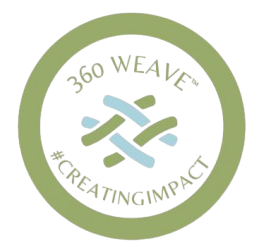100% sustainable production of fiber
Starting from raw material to when the product is returned to nature, at Lenzing, we ensure sustainability throughout the life cycle of any fiber product Lenzing’s TENCEL™ Lyocell fibers are made from the bark of the eucalyptus tree. A pulp conversion process transforms this into white pulp, which is dissolved in an organic solvent, much like dissolving sugar in water. This solution is then passed through a spinnerets and reprecipitated in the form of strands of Lyocell fiber. The trees which provide the raw material are taken only from those forests which are certified as sustainable. The solvent used is recirculated to the extent of 99.9%. Waste water generation is minimal; whatever is generated is properly treated. We call this a closed-loop manufacturing process, where all components remain within the system, with wood pulp entering it from one side and only fiber coming out of the other
Final product to final disposal
Sustainability pervades the remainder of the TENCEL™ value chain. Lenzing makes sure that the spinning units converting the fiber into thread/yarn, and the weaving/finishing units that convert the latter into linen, also abide by all required sustainability standards and have the necessary certifications. But what happens to such linen after its life cycle is complete? All condemned linen eventually ends up in a landfill, the soil or the sea, where it survives for years and may slowly pollute its environment…but not TENCEL™. Certified as biodegradable, it becomes compost or biodegrades within 16-20 weeks, wherever it ends up, leaving no long-term, permanent impact on the environment.
Closing the Loop
At Dr. Linen, we are taking sustainability a step further by integrating a robust recycling system into our process. Once textiles reach the end of their usable life, we collect, sort, and recycle them to create new feedstock. This ensures that no fabric goes to waste, and valuable materials are reintroduced into the production cycle. By recycling fibers, we extend their lifecycle and reduce the need for virgin resources, contributing to a truly circular textile economy. Our commitment to recycling not only prevents textiles from ending up in landfills but also significantly reduces environmental impact, closing the loop in textile production and promoting a future, where sustainability drives innovation.

